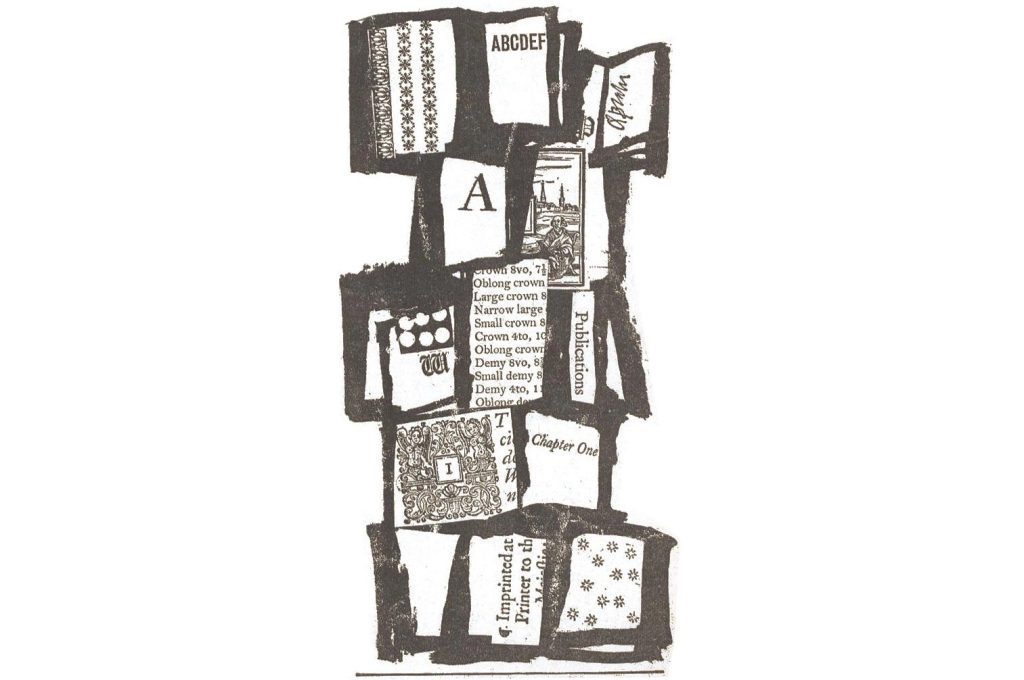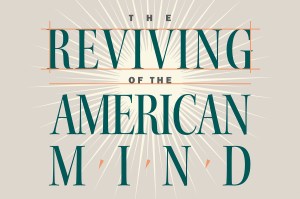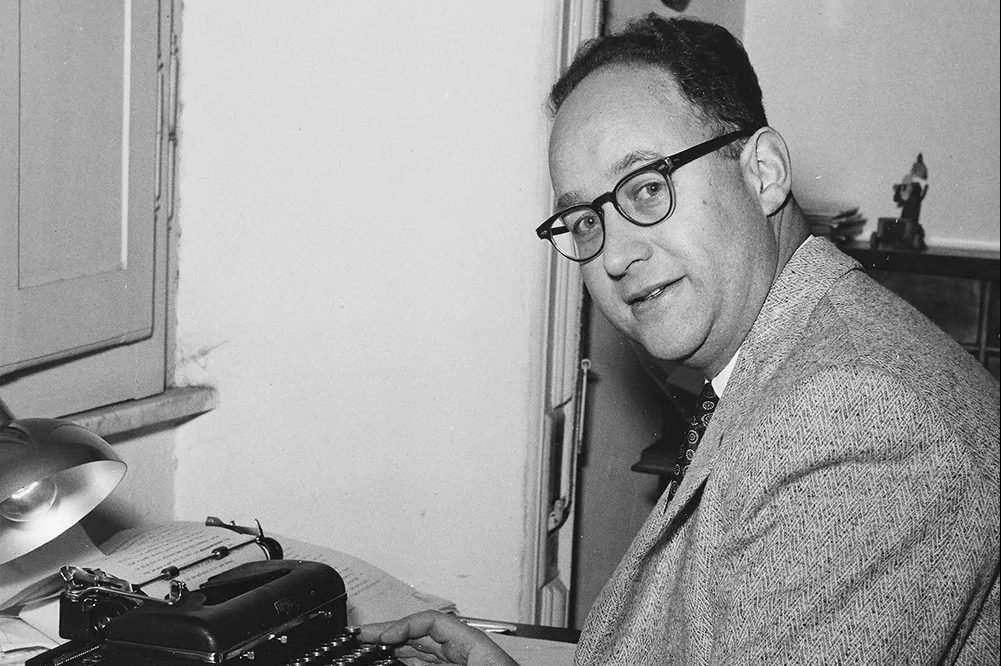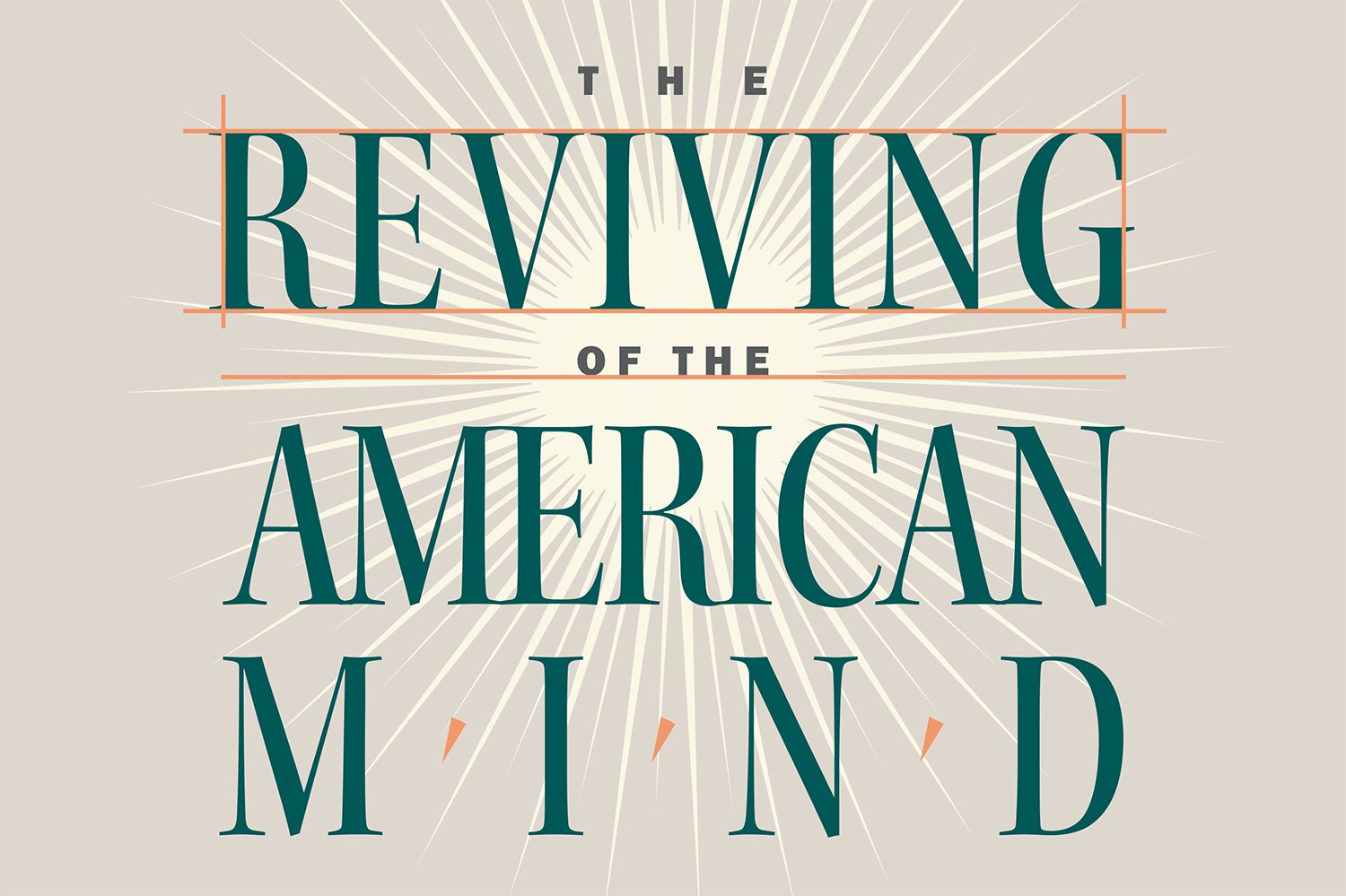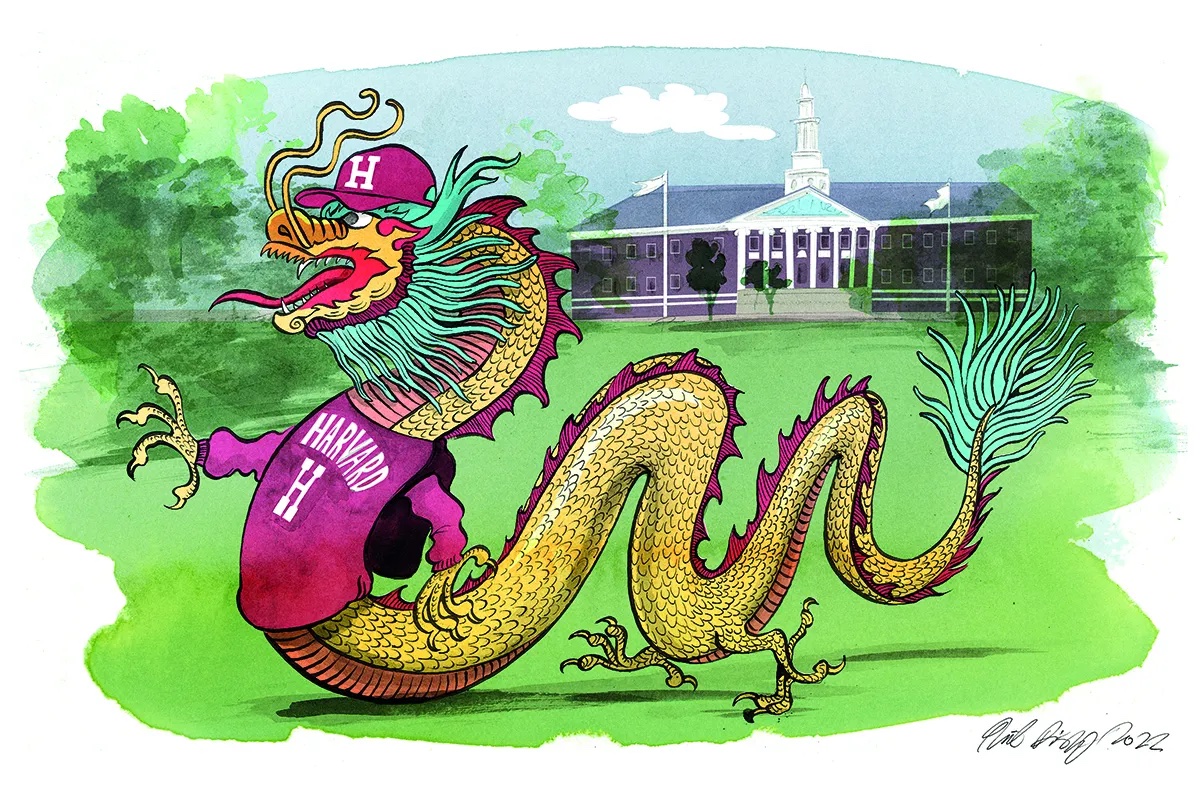Last week witnessed the first tremors of what could be a welcome revolution: the resignation en masse of the forty-strong editorial board of NeuroImage magazine — regarded as the leading publication for brain-imaging research in the world. The board, whose members include very senior figures in the world of brain science, is protesting what it sees as the publisher Elsevier’s greedy and unethical behavior.
Objecting to this grotesque situation shouldn’t be an ideological issue. There’s something here to hate for everybody
They were reacting to the company’s refusal to reduce the journal’s “publication fees” — that is, the fees scientists must pay to publish their findings on an open-access, free-to-read basis. At issue isn’t, quite, the existence of such fees — if you’re giving articles away for free, someone obviously has to pay. But these fees run into thousands of dollars a pop, and bear no decipherable relation to the cost of formatting an article and whacking it up online. And NeuroImage is not, in this respect, any sort of an outlier in the academic world.
This may seem like a recondite little row over a scientific journal that few civilians will have heard of and fewer still read. But bear with me. Academic publishing matters. It matters to how scholarly careers advance or do not. It matters to the production and diffusion of the sort of specialist knowledge that in turn flows out to the wider world and to all of us. It is the circulatory system of the commonwealth of knowledge. And at present — as these scholars rightly argue — it is being throttled by greed.
The basic situation in academic journals is that everyone who brings value to the enterprise works for free (with the exception, usually, of the journal’s editor). Yet the handful of large companies which dominate the publishing of their work somehow make, it’s reported, higher profit margins than Google, Amazon and Facebook.
How? As I understand it there are two different models of academic publishing — and both suck. The first is the basic old-school soak-the-customer type. It’s this that I come across most often as a literary editor, when I get wind of an interesting-sounding forthcoming hardback only to find that it’s 180 pages long and costs $170. That’s the captive-audience model. You know a handful of institutions will need to buy this monograph or subscribe to that journal, so you make a short print run, price the hardback in three figures, and wham-bang. That’s defensible inasmuch as it’s generally more expensive per unit to make a short print run of a book than a long one. But dozens of times more expensive? I don’t think so.
The internet, now, has brought an exciting new twist to this old formula: the soak-the-contributor strategy of which the NeuroImage refuseniks complain. In this case, rather than just not pay a scholar for the work you are very profitably publishing, you make the scholar pay you for the privilege. This is the captive-contributor model.
The way academia is set up in Britain and many countries, you need to be publishing to stay in your job. It doesn’t matter much if your books or papers don’t reach a wide audience or an audience at all: they are entries on your résumé and tick vital boxes in the UK’s Research Excellence Framework by which academics are judged. (It’s a great loss, I think, to the commons of knowledge that REF disincentivizes scholars from writing books for the general public, but that’s a topic for another day.)
There’s even more gravy for the publishers. Unlike commercial houses, who have to pay a writer enough to subsidize their research, that’s all taken care of by someone else. A university or a grant-giving organization is paying them for their labor. You just harvest the fruits. The quality filtering is taken care of for you too. “Peer review,” whereby academics clear each-others’ work for publication, is done for free or for a pittance. Dons do it because it’s part of their calling — they know that if it doesn’t happen, the whole edifice shudders to a halt. So you are making a 40 percent mark-up on someone else’s unpaid work, and on research subsidized by governments, grant-giving charities or the very academic institutions you then charge a fortune to read it.
And what do you bring to the party? What, as the publisher — as a private interest with no formal affiliation to the world of academia — are you contributing in terms of value? There’s a bit of proofreading and typesetting and printing and distribution — none of which, these days, costs much, and any of which can be outsourced with ease. And there’s putting byzantine digital rights software on the electronic versions of your books to restrict how many people can read them. (Hard copy biology textbook: £75 ($94); three-user license for the e-book: £975 ($1,220). Fun times.)
But fundamentally the only thing you’re contributing is branding, a piece of imaginary capital no more meaningful than the swoosh logo that makes a pair of ordinary trainers a Nike. It’s circular: the prestige of the journal depends on eminent scholars publishing there, and eminent scholars will pay to publish there because of the prestige of the journal.
Which all continues to work fine for the rent-seeking publisher for as long as those who offer academic preferment continue to think there’s some magical quality in the title of a journal alone. It continues to work fine until someone — your forty-strong board, for instance — says: nah. And at that point, I fancy, you can hear, echoing out above the library, the words: “Pay no attention to that man behind the curtain!”
Objecting to this grotesque situation shouldn’t be an ideological issue, by the way. There’s something here to hate for everybody. If you’re on the left, you’ll probably detest on principle the for-profit gatekeeping of knowledge (and most often publicly funded knowledge at that). And if you’re on the right you’ll have no time for a market that isn’t behaving like a market so much as like a cartel, with producers and consumers captive to a price-fixing, profit-skimming middleman. The business model isn’t one out of Hayek or Friedman: it belongs to Enver Hoxha’s Albania.
“Nobody becomes an academic publisher because they’re a brilliant publishing entrepreneur,” was how one publishing industry veteran I spoke to yesterday put it. “Any industry this lazy and corrupt deserves to get disrupted.” Well said. And that’s why this little revolution matters.
This article was originally published on The Spectator’s UK website.



